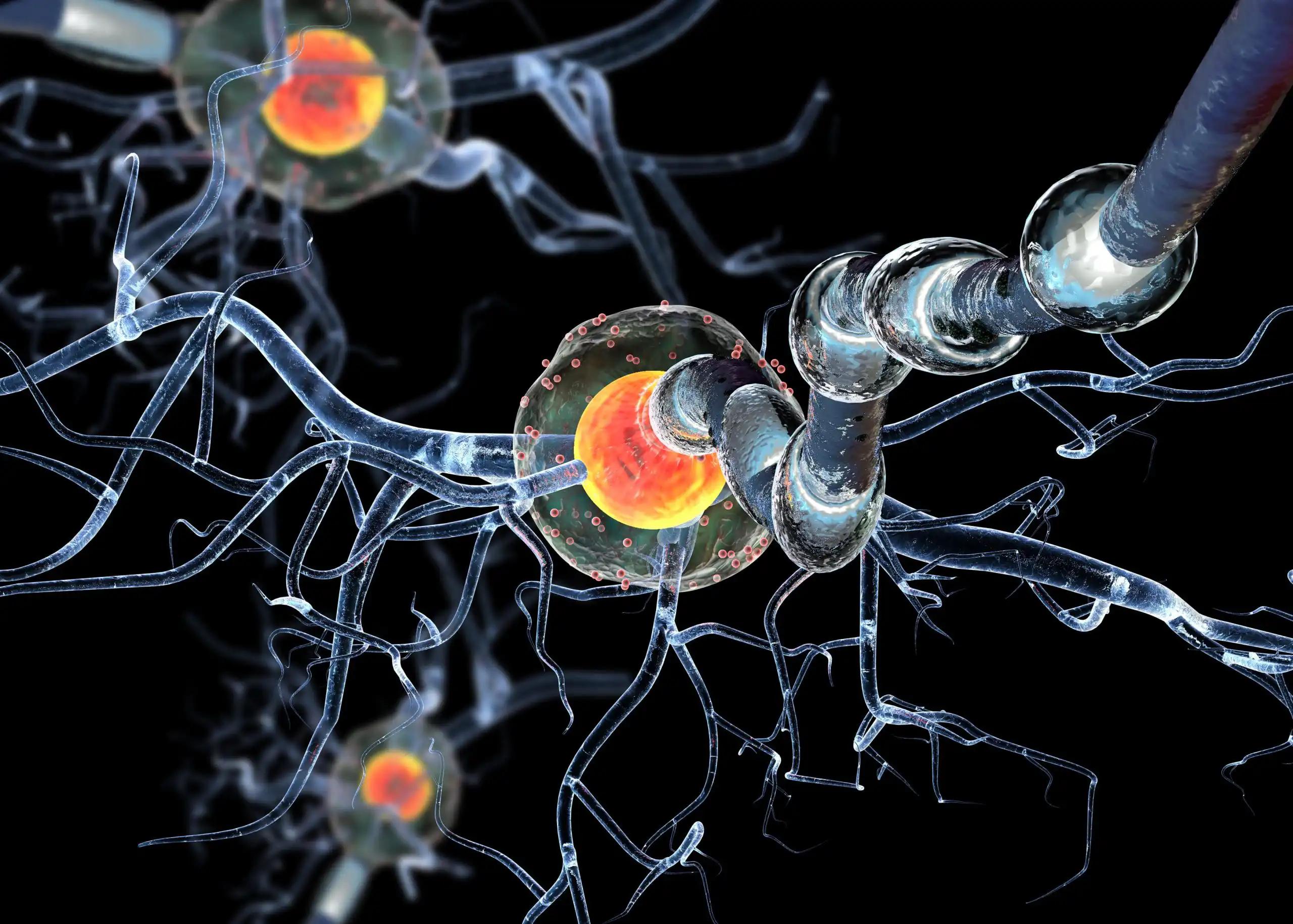KEY TAKEAWAYS
- The phase 3 SOLAR-1 trial assessed the efficacy of alpelisib in combination with fulvestrant in patients with PIK3CA-mutated advanced breast cancer (ABC).
- The study’s primary aim was to evaluate the impact of alpelisib on patient-reported outcome measures, including health-related quality of life and symptom burden.
- Patients with PIK3CA mutations were randomized to receive alpelisib (300mg) or placebo in combination with fulvestrant (500mg) on specific days of each cycle.
- The study showed that alpelisib and fulvestrant combination therapy did not worsen patients’ health-related quality of life or functional status compared to placebo.
- The study found that subscales measuring diarrhea, loss of appetite, nausea or vomiting, and exhaustion favored the placebo group.
- Adding alpelisib to fulvestrant improved PFS in patients with PIK3CA-mutated advanced breast cancer and did not worsen the HRQoL.
Addition of the PI3Kα-selective inhibitor and degrader alpelisib to fulvestrant in patients with phosphatidylinositol-4,5-bisphosphate 3-kinase catalytic subunit alpha (PIK3CA)-mutated, hormone receptor-positive, human epidermal growth factor receptor 2-negative advanced breast cancer significantly improved median progression-free survival (PFS) in phase III SOLAR-1 trial (NCT02437318). Patient-reported outcome measures were used to evaluate these individuals’ health-related quality of life (HRQoL). Alpelisib (300 mg) was given to 341 patients with PIK3CA mutations in the PIK3CA-mutant cohort, while a placebo (300 mg) was given to the same number of patients. Fulvestrant (500 mg) was issued on day 1 and day 15 of the first cycle, then on day 1 of each subsequent 28-day cycle. The Quality of Life of Cancer Patients Questionnaire of the European Organization for Research and Treatment of Cancer and the Brief Pain Inventory-Short Form assessed patient-reported outcomes. Repeated measurement and Cox’s models examined the time to 10% decline and the time to change from the baseline, respectively.
Alpelisib (overall change from baseline [95% CI], -3.50 [-8.02 to 1.02]) and placebo (overall change from baseline [95% CI], 0.27 [-4.48 to 5.02]) both resulted in no worsening from baseline in terms of Global Health Status/QoL or functional status (mean changes < 10 points). Neither therapy group showed a statistically significant improvement in Global Health Status/QoL (-3.77; 95% CI, -8.35 to 0.80; P =.101). Both groups had a similar time to a 10% decline in Global Health Status/QoL (hazard ratio, 1.03; 95% CI, 0.72 to 1.48). Alpelisib was associated with worsening symptom subscales across the board, including those measuring social functioning, hunger, nausea/vomiting, and fatigue, compared to the placebo. At 24 weeks, alpelisib was associated with a statistically significant improvement in Worst Pain compared to placebo (42% vs. 32%; P =.090). Subscales measuring diarrhea, loss of appetite, nausea or vomiting, and exhaustion, all documented side effects of alpelisib, favored the placebo group in SOLAR-1. Still, there was no statistical difference between arms in Global Health Status/QoL deterioration. These findings support the benefit-risk profile of alpelisib in patients with advanced hormone receptor-positive, human epidermal growth factor receptor 2-negative, and PIK3CA-mutated breast cancer.
Source: https://pubmed.ncbi.nlm.nih.gov/33780274/
Clinical Trial: https://clinicaltrials.gov/ct2/show/NCT02437318
Ciruelos EM, Rugo HS, Mayer IA, Levy C, Forget F, Delgado Mingorance JI, Safra T, Masuda N, Park YH, Juric D, Conte P, Campone M, Loibl S, Iwata H, Zhou X, Park J, Ridolfi A, Lorenzo I, André F. Patient-Reported Outcomes in Patients With PIK3CA-Mutated Hormone Receptor-Positive, Human Epidermal Growth Factor Receptor 2-Negative Advanced Breast Cancer From SOLAR-1. J Clin Oncol. 2021 Jun 20;39(18):2005-2015. doi: 10.1200/JCO.20.01139. Epub 2021 Mar 29. PMID: 33780274; PMCID: PMC8210974.



